
Debattama (Deb) Sen, PhD is a Principal Investigator in the Massachusetts General Hospital Center for Cancer Research and a faculty member at Harvard Medical School. She received her B.S. from Columbia University in Biomedical Engineering & Computer Science before training with Nick Haining at the Dana-Farber Cancer Institute. Her principal research focus has been understanding the regulatory pathways that drive immune dysfunction in chronic viral infection and tumors, as well as exploring strategies to reverse these changes. Outside the lab, she attempts to recreate Great British Bake Off recipes and enjoys falling down mountains in a controlled manner (aka skiing).
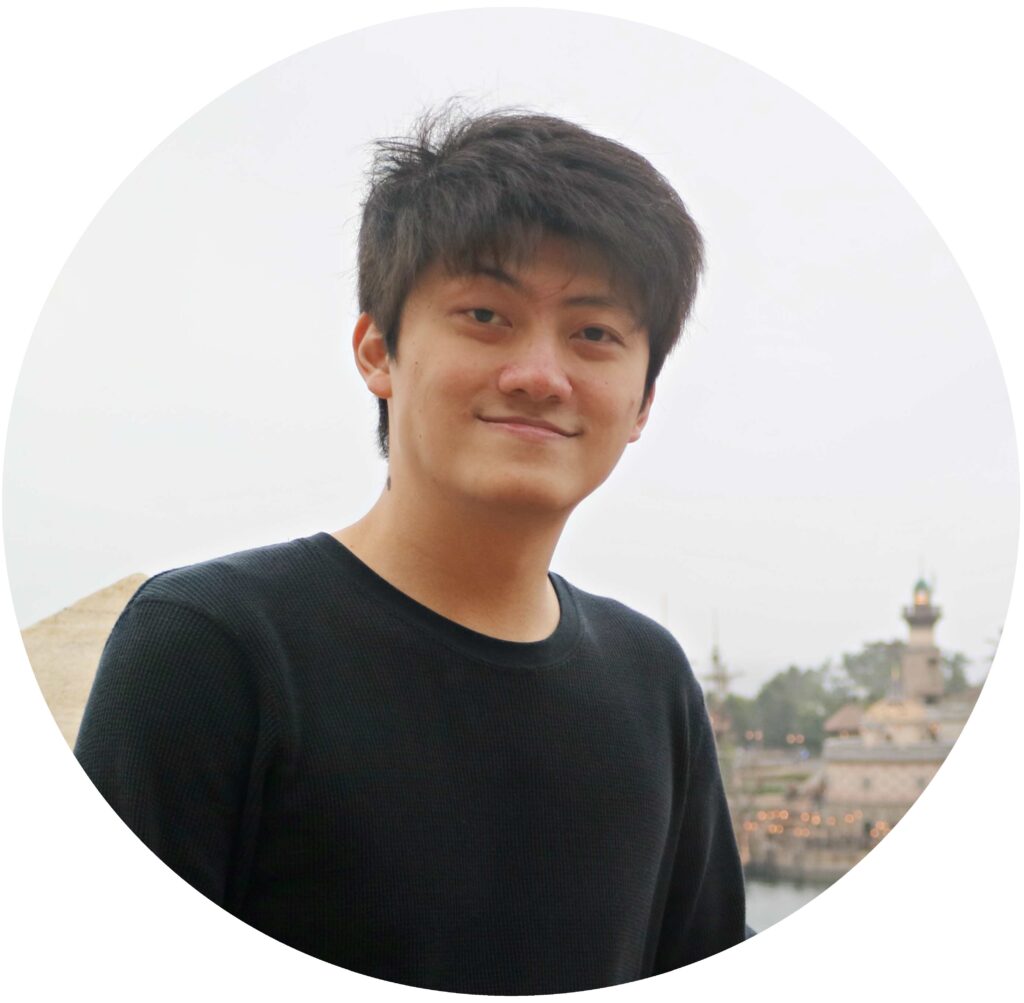
Chang-Yu (Alex) Chen joined the Sen lab in 2021 as a postdoctoral fellow. He received his B.S/M.S. in Medical Laboratory Science and Biotechnology from Taipei Medical University, where he discovered his passion for cancer immunology in Dr. Chien-Ho Chen’s Lab. He then went on to receive his Ph.D. at The University of Tokyo, working in the lab of Dr. Kouji Matsushima, studying the combination strategies (HMGN1 + CD4 depletion/PD-L1 blockade) to reverse T cell exhaustion and improve T cell-based therapy. In the Sen lab, Alex focuses on deciphering T cell epigenetic imprinting to understand how specific tumor environments shape T cell exhaustion/dysfunction. Outside the lab, Alex enjoys running, cooking, and traveling.
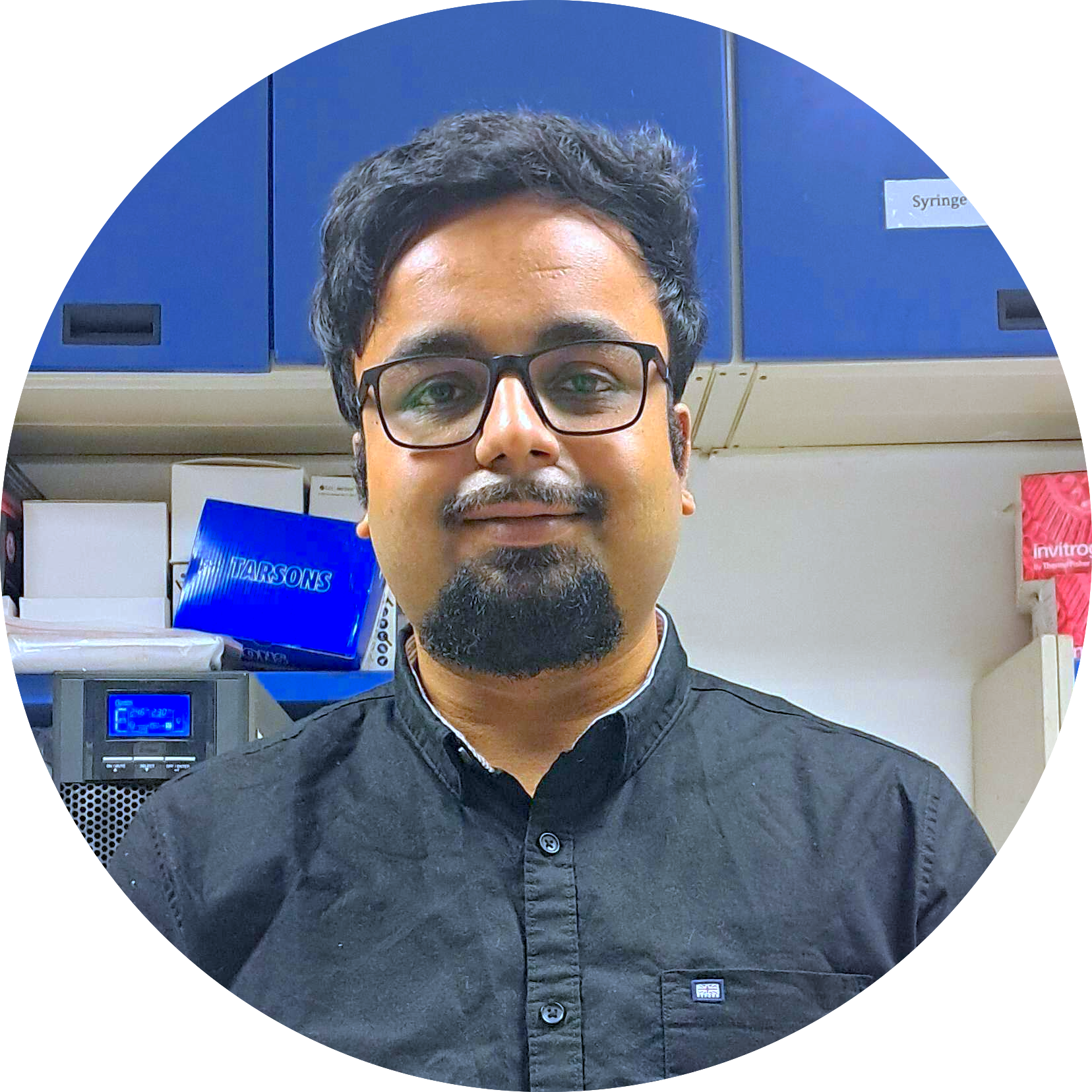
Snehanshu Chowdhury hails from the vibrant city of Kolkata, India. He completed his B. Sc. degree from University of Calcutta in Zoology and Masters in Zoology specializing in Genetics and Molecular Biology from the same university. Driven by a relentless scientific curiosity, Snehanshu joined the esteemed CSIR-Indian Institute of Chemical Biology under the mentorship of Dr. Shilpak Chatterjee in the Immuno-Metabolism lab. During his Ph. D., Snehanshu studied how rewiring the metabolic programming of the T cells can enhance their anti-tumor efficacy. As a co-mentored postdoc, Snehanshu is primarily based in the Elia lab and works on a collaborative project deciphering the impact of DNA damage in T cell function. Outside the lab, Snehanshu loves to read of detective novels, recite, cook and explore new places.
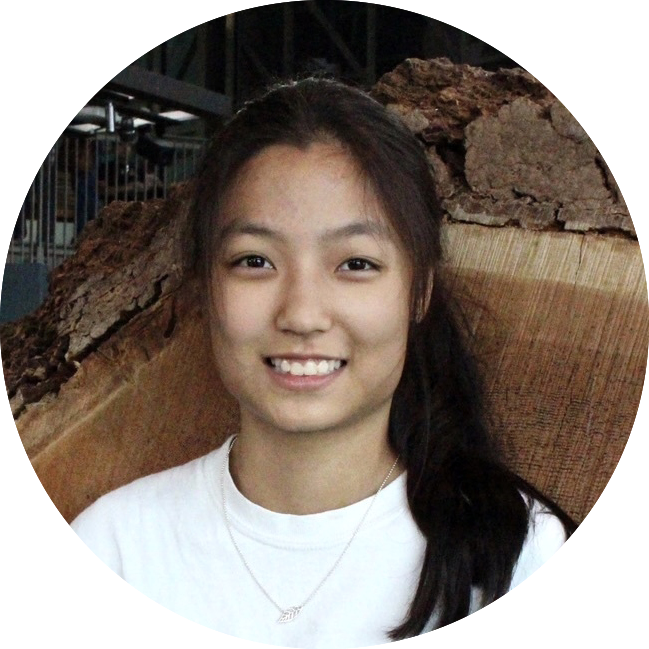
Keely Ji did her undergraduate at the University of California, Davis studying cell biology and researching pancreatic cancer in Hwang lab. As a G3 PhD student in the Sen lab, Keely is exploring the possibility of enhancer editing in T cell exhaustion to enhance T cell activity against cancers.
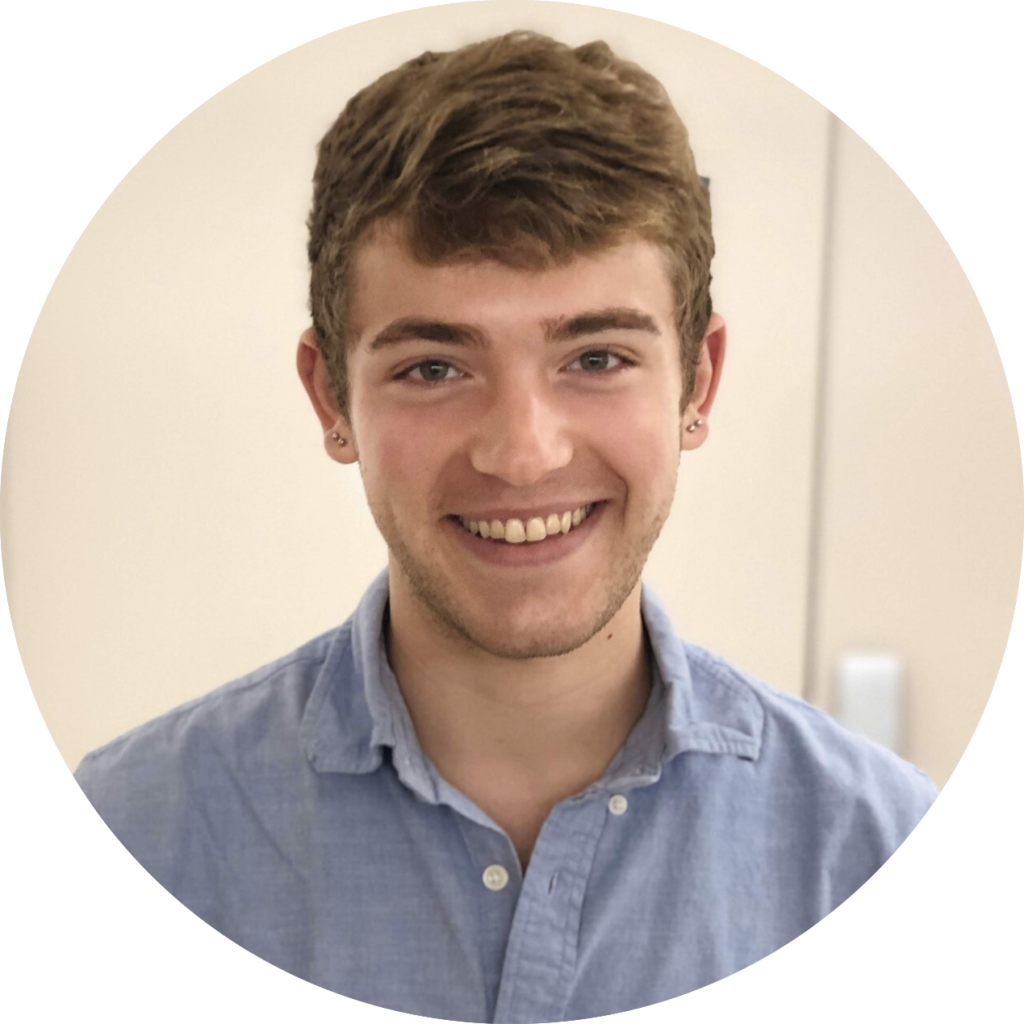
Tom LaSalle is a graduate student in the Harvard/MIT MD-PhD Program. He received his A.B. in Chemistry and Physics and Mathematics from Harvard College, where his undergraduate thesis work in the Mahmood Lab of MGH identified factors associated with response to checkpoint blockade using granzyme B PET imaging. Before medical school, he spent two years in the Hacohen Lab as a research technician generating and analyzing data from large patient cohorts from cancer to COVID-19. In the Sen Lab, Tom hopes to study epigenetic regulation of cytotoxic programs and cell fate decisions in CD8 T cells. Outside the lab, Tom can be found running, hiking, or arguing with his beloved black cat Panther.
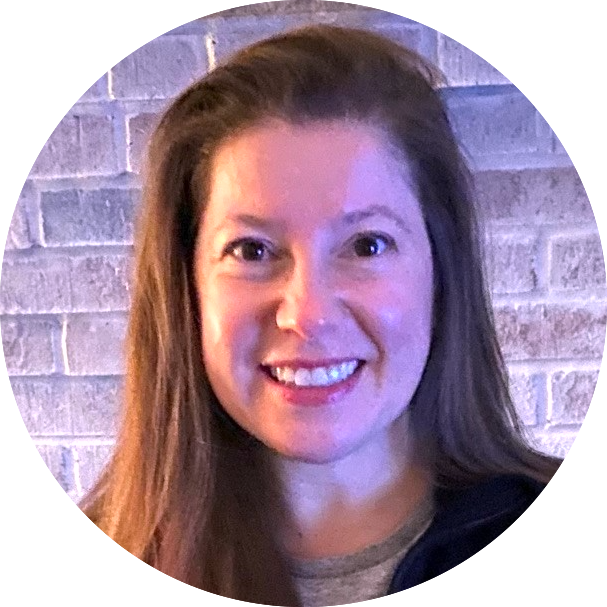
Paola Lirofonis has been a member of Mass General’s Center for Cancer Research since 2014, where she supports various aspects of labs’ research projects. She has been working with the Sen Lab since April 2022 as our lab manager and resident expert on all things on the administrative side. On weekends, you can find Paola cheering her kids at sports and musical events, planning the next party, and relaxing while cooking!

Daniela Martinez joined the Sen Lab in July 2022 as a Ph.D. student. She obtained her B.S in Biology and minored in Spanish and Biotechnology at Cal Poly SLO, where she found her passion for research. Desiring to grow as a researcher, she pursued an M.S. in Cell and Molecular Biology from San Francisco State University (SFSU). As an SFSU CIRM Fellow, she evaluated the cellular plasticity of different breast cancer subtypes under the supervision of Dr. Tlsty at UCSF. After her Master’s, Daniela joined Genentech, where she got exposed to the various approaches Immunologists are taking to cure cancer. As an Immunology Ph.D. student, she is interested in understanding how the myeloid population might be dictating and modulating the epigenetic and transcriptomic program of CD8 T cells in primary and metastatic tumor sites. During her free time, Daniela likes to explore new cafes in Boston, bake, and listen to crime podcasts.

Ranjan Maskey was born and raised in Nepal and moved to the US for his Bachelor’s degree. He studied Biotechnology with a minor in Chemistry at North Dakota State University and worked in the Flow Cytometry Core at Boston Children’s Hospital after college. He learned a lot about flow cytometry and also did other tasks like managing the core, training new researchers, and troubleshooting instruments. After three years, he decided to pursue a career in lab management and is now working with several labs at Mass General Brigham Cancer Center, including the Sen lab. Outside of work, he likes to hike, ride his motorcycle, travel, and watch horror movies.

Chandrima Modak is working on her MS on Bioinformatics at Indiana University-Indianapolis and joined the Sen Lab in May 2024 as a summer research intern. Before joining her graduate program, she worked as a Junior Research Fellow under Dr. Alok Jain in Applied Computational Biophysics at Birla Institute of Technology, Mesra, India. She also earned her undergraduate degree in Pharmaceutical Sciences from Birla Institute of Technology & Science, Pilani, India. In the Sen lab, Chandrima is using multiomic single-cell analysis to uncover new insights on how T cell exhaustion can be rescued. Outside of research, she enjoys doing arts and crafts, meeting new people, exploring places and cuisines worldwide, and chit-chatting with her mom.
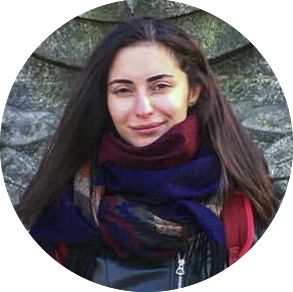
Cansu Yerinde is originally from Istanbul in Turkey, where she obtained her B.Sc. degree in Molecular Biology and Genetics at Bogazici University. She continued her masters at the same university where she worked on the oncogenesis of melanoma cells by using CRISPR based technologies. For her PhD, Cansu moved to Berlin, Germany. She did her PhD at Berlin School of Integrative Oncology and Charite Universitätsmedizin Berlin in the lab of Britta Siegmund. During her PhD, she investigated the role of epigenetic regulators in T cells by using a combination of tumor models in mice and genomic approaches. In the Sen lab, Cansu is dissecting the impact of key transcription factors that drive T cell exhaustion in human T cells. Apart from lab work, Cansu enjoys traveling and hiking.
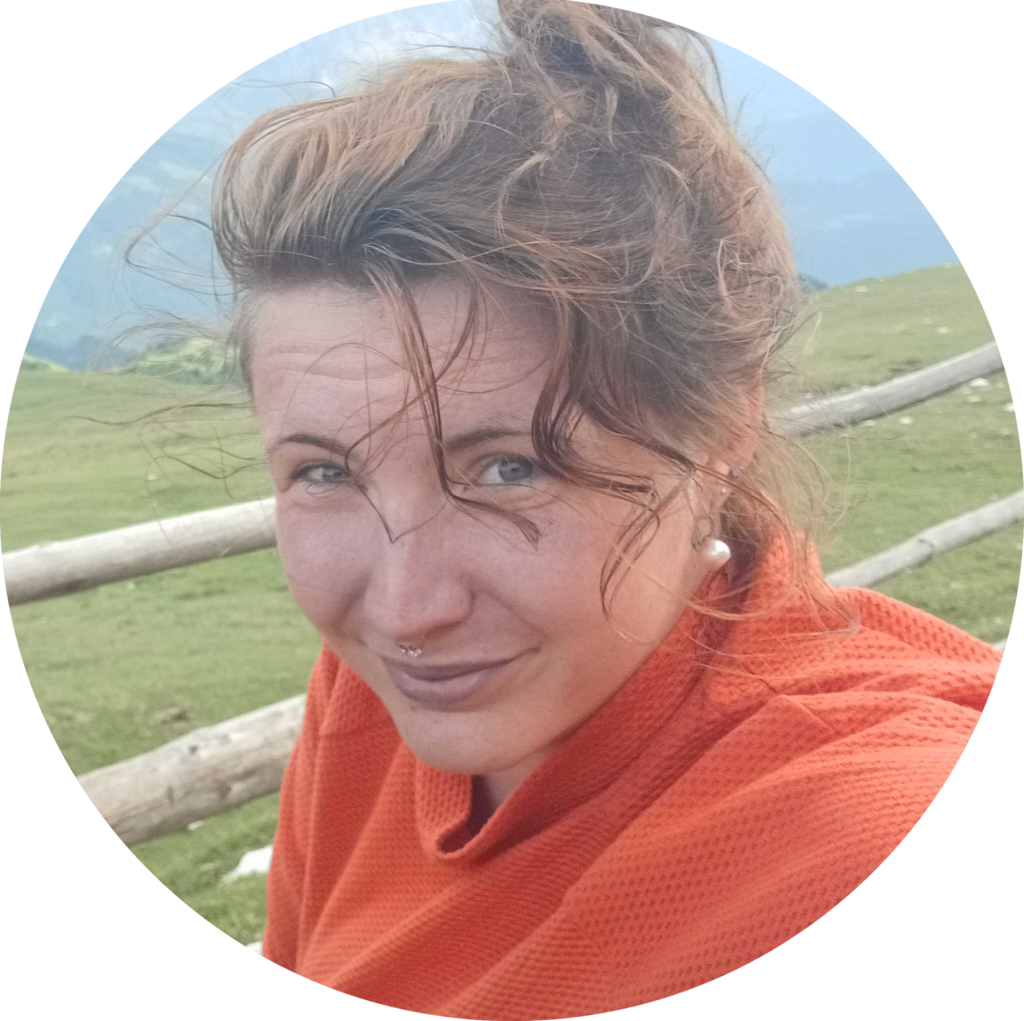
Maria Zschummel was born and raised in Groß Kölzig a tiny village in eastern Germany. She obtained her bachelor of science in biology at the Humboldt university in Berlin, minoring in chemistry. She continued with her master’s in molecular life sciences there and first came into contact and grew a passion for the concept of cellular immunotherapy during an internship on TCR-modified T cells in Wolfgang Uckerts lab at the MDC. She stayed at the MDC to pursue her PhD in Uta Höpkens Lab, where she focused on improving CAR T cell therapy for lymphoma by altering tumor homing. Co-mentored by Dr. Robert Manguso, Maria is based primarily in the Sen lab and focuses on unbiased approaches to enhance T cell cytotoxicity in vitro and in vivo. When she’s not fussing over how awesome T cells (and great white sharks) are, Maria enjoys and complains about getting sunburned on hikes, going to concerts and desperately trying to find a decent Pilsner in Boston.
Lab Alumni
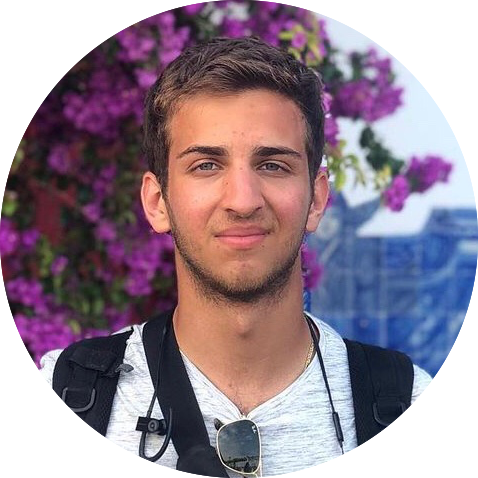
Patrick Adolphus is an undergraduate at Harvard College concentrating in chemistry with a secondary in psychology. He joined the Sen lab in summer 2021, analyzing single-cell RNA-seq data to identify genes of interest in tumor-infiltrating CD8+ T cells.
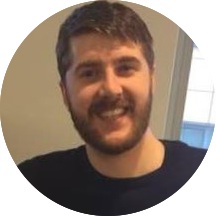
Richard Davidson joined the Sen lab in November 2020 as a research technician, after completing his graduate degree at Boston University. He had previously worked at Pfizer studying neurological inflammation in cases of Parkinson’s and Alzheimer’s diseases through rodent models. Now investigating the process of T cell exhaustion at the Sen lab, Richard developed in vitro models in addition to providing support for collaborative projects between Sen & Sharpe labs. Richard is currently an Senior Associate Scientist at Ensoma.
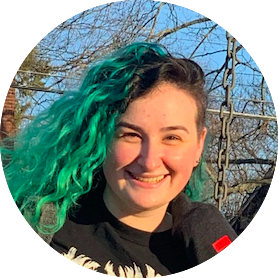
Murphy Kenny joined the Sen lab for summer 2021, after graduating from the University of Connecticut with a B.S. in Physiology and Neurobiology. During undergrad, she did research on the neuroanatomical basis of learning and memory using a rat model. In the Sen lab, she worked on optimizing gene delivery into mouse T cells. She is now working as a research assistant in the Ostroff lab at University of Connecticut.
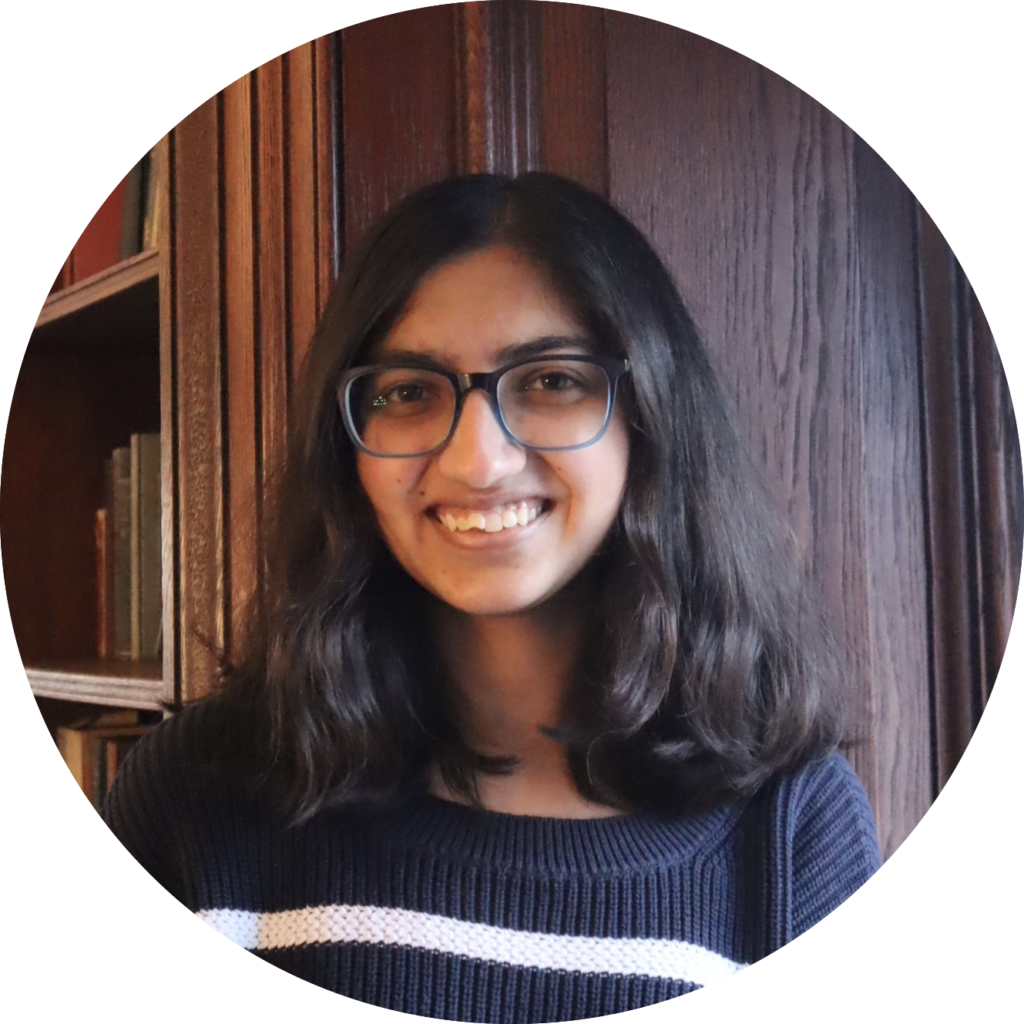
Sneha Jaiswal joined the Sen lab having recently graduated from Milton Academy in summer 2022 and returned in summer 2023. She is an undergraduate at the Carnegie Mellon University School of Computer Science. In the Sen lab, she led the analysis of ATAC-seq and scRNA-seq datasets to investigate key regulatory changes in the aged tumor microenvironment.
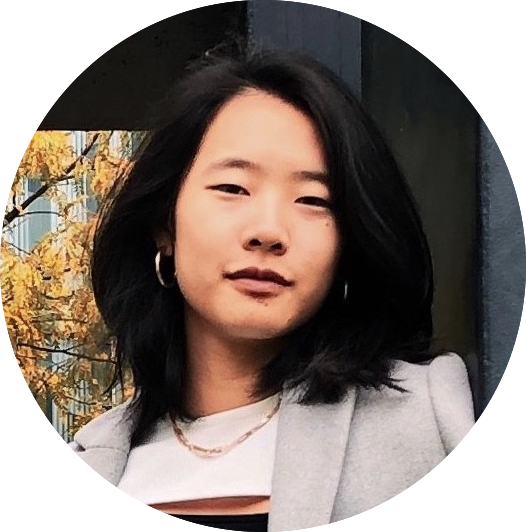
Sydney Loh is an undergraduate at the University of Pennsylvania studying physics with a minor in architecture. In her free time she loves to go on hikes, do ceramics, and climb with friends. As a research assistant in the lab in summer 2020, she performed single-cell RNA-sequencing data analysis of exhausted T cells in chronic infection.
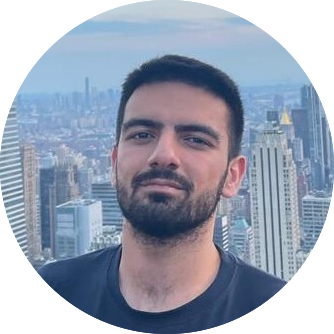
Berkay Yahsi is currently an MD/PhD student at Hacettepe University, in Turkey. He is interested in immunological disorders and cancer immunity as well as how immune system controls homeostasis and normal physiological processes. In the Sen Lab as a 2022 summer intern, Berkay worked on the identification of new regulators of T cell exhaustion in human CD8 T cells by using in vitro experiments as well as bioinformatic approaches.
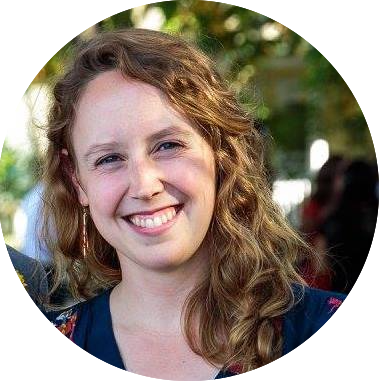
Sarah Weiss is a MD/PhD graduate student and led the joint Sen/Sharpe lab enhancer-deleted mouse project. During undergrad, she majored in Biological Engineering at MIT and worked in the Wilson lab studying memory consolidation during sleep by modulating hippocampal activity with engineered ion channels. In the Sharpe lab, she pursued projects related to genetic recording in cancer cells and T cells. Sarah is now completing her residency in Internal Medicine at UCSF.
